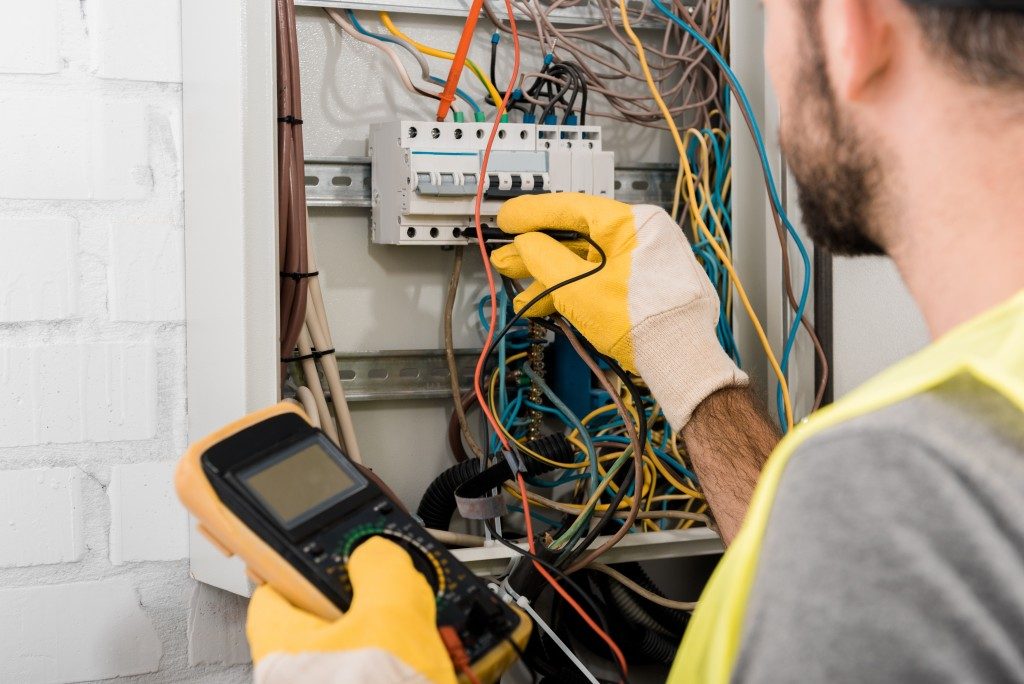Electrical emergencies happen, and they can manifest in a number of ways. The only thing we think of when we hear an electrical emergency is a power outage. This is usually the least cause of concern as there are more dangerous electrical emergencies that can happen. For example, a circuit breaker that does not trip but instead emits a buzzing electrical sound can be very dangerous to your home. It can power blowouts. You can also have a device malfunctioning or poor earthing, which can lead to you getting electric shocks. You can also overload your outlets, causing burns, power outages, or risk of fire. Here’s what to do if you notice any of these signs in your commercial or residential property:
Always do frequent checks
The best way to ensure that you are not at risk is to conduct frequent checks. Make sure that there are no loose connections or power points and that everything is in working order. Watch out for burnt signs or discolorations. Replace damaged cords and old devices. Always make sure that electrical equipment is away from flammable objects and is not at risk of getting water inside it.
Get help for faulty devices
If you have an appliance that has been malfunctioning for a while, get it checked and fixed by an electrician. There are good electrical services in Salt Lake City that will go to your house and do this for you. Signs of a faulty device include buzzing noises coming from it, overheating, or sparks and electrical shocks when you plug it in.
Shut down power
If an electrical emergency does happen, your first instinct might be to get nervous and plug the device out. This can cause the electricity to arc and may lead to a fire or power outage. Never unplug the device directly. Instead, it’s best to send someone to the main electricity supply and switch off the power lines that connect the devices. If you don’t know which line it is on, turn off the main switch and call for help.

Don’t touch anything
It’s important not to touch anything during an electrical emergency, such as a malfunctioning device. You risk getting burnt or electrocuted. If you notice a fallen power line, never go near it or attempt to touch it in any way. If someone has gotten electrocuted, don’t touch them directly; this could result in you getting shocked as well.
Don’t use water in case of fire
In case of an electrical fire, it’s important to never use water, even though it might be your first instinct. Water can feed the fire and cause electrical surges, and this might in turn electrocute you. If you don’t have a fire extinguisher, leave the area immediately and call for help.
Electrical safety is extremely important. Each year, fires caused by electrical problems kill 500 people in the United States. It’s easy to panic in an emergency, which is why you should always have proper fire safety drills at offices and have established protocols for dealing with emergencies at home. Always be safe by following these guidelines.

